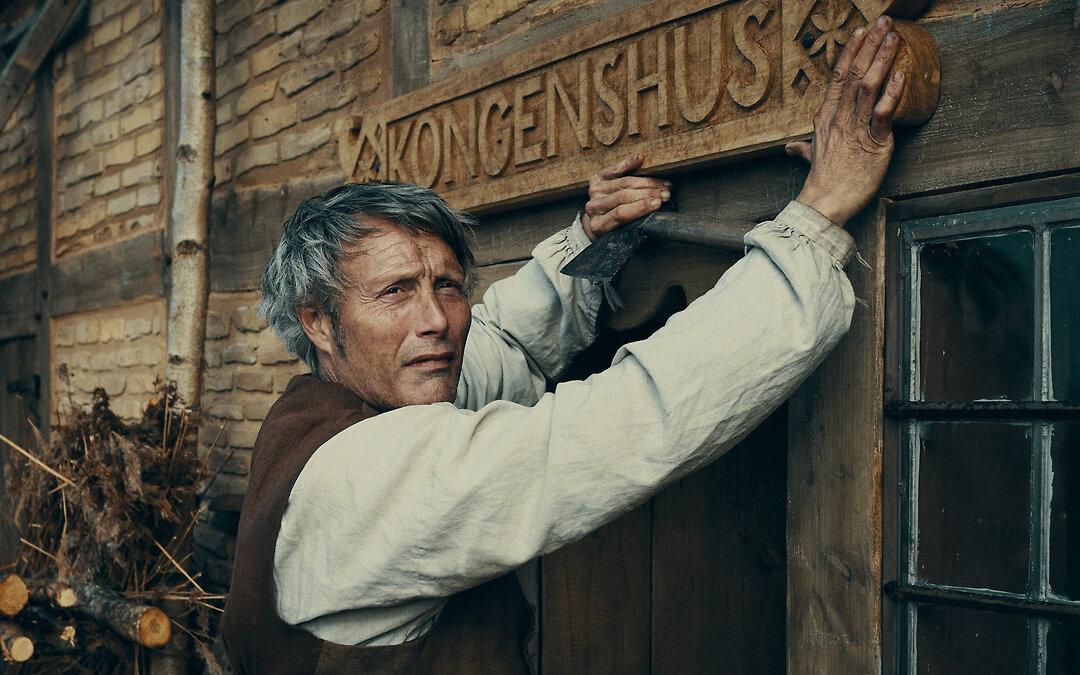R | 2h 7m | Drama, Biography, Revisionist History | 2024
Best known to American audiences as the principal villain in “Casino Royale” (2006) and the title character in the TV series “Hannibal” (2013–2015), Danish thespian Mads Mikkelsen is one of, if not the most popular actors in his homeland.






